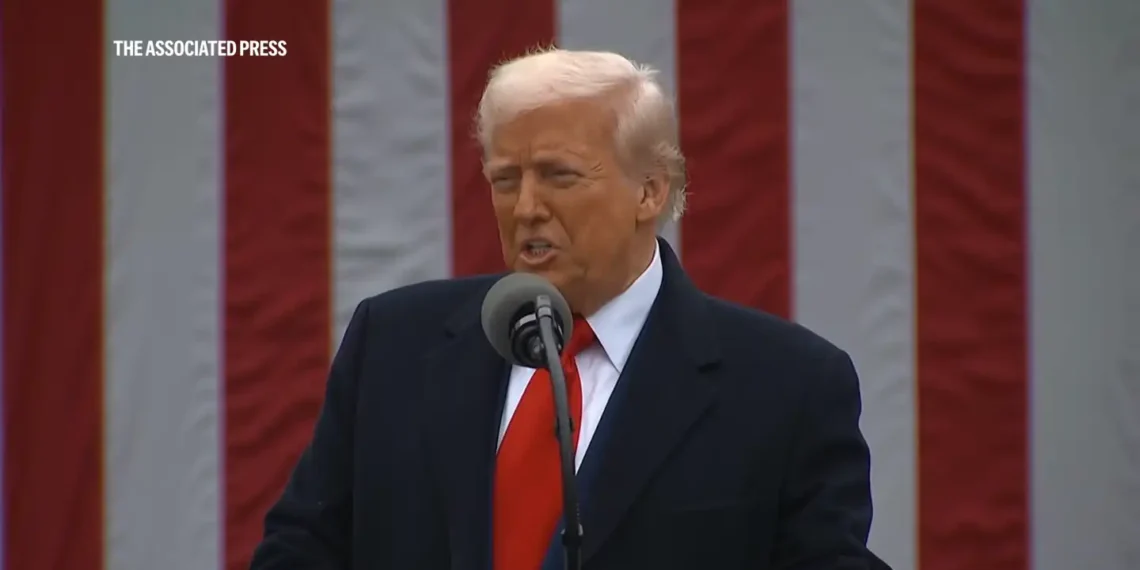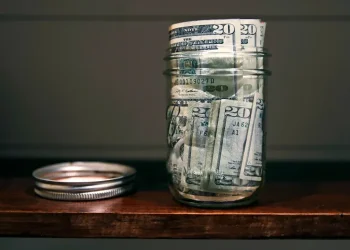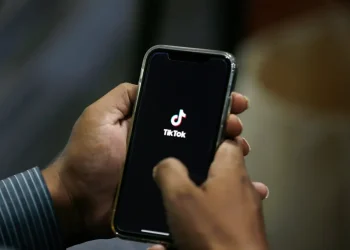New Tariffs, Tax Reforms, and a Casino Deal – Trump’s Big Week
On April 2, 2025, President Donald Trump announced a series of significant tariffs aimed at revitalizing U.S. manufacturing and addressing what he termed an “economic emergency.” These measures include a 34% tariff on Chinese imports, 20% on goods from the European Union, and a baseline 10% import tax on all countries. Invoking the 1977 International Emergency Powers Act, Trump implemented these tariffs without congressional approval, a move that has sparked widespread debate.
Economists warn that these tariffs could elevate the average U.S. tariff rate to approximately 25%, potentially leading to increased consumer prices and a heightened risk of recession. Industry leaders from sectors such as electric vehicles, seafood, toys, and restaurants have expressed concerns about significant cost increases that could threaten jobs and competitiveness. For instance, toy manufacturers reliant on Chinese imports anticipate price hikes as a direct consequence of the tariffs.
The administration’s actions have elicited strong reactions from international allies. Countries like Canada, the EU, and China have voiced opposition, with some already enacting retaliatory tariffs. This escalation raises concerns about potential trade wars and further economic instability.
Domestically, President Trump is urging Senate Republicans to oppose a Democratic resolution that seeks to nullify his emergency declaration on fentanyl, which he is using to justify the tariffs on Canada. This resolution serves as a critical test of GOP loyalty, with some Republican senators, including Lisa Murkowski, Susan Collins, Mitch McConnell, and Rand Paul, showing support for it. Critics argue that the tariffs are economic tools disguised as border security measures and could harm American consumers and industries.
In parallel, Republican senators, backed by President Trump, have unveiled a budget proposal aimed at advancing key components of Trump’s domestic agenda. The proposal seeks to preserve $4 trillion in existing tax cuts and introduce $1.5 trillion in new ones, while raising the nation’s debt limit by $5 trillion. Despite broad Republican support, the plan faces staunch Democratic opposition, with critics arguing that the proposed policies favor the wealthy and could lead to deep cuts in critical government programs.
In a separate development, the race to secure a casino license in New York City could potentially net Donald Trump $115 million if Bally’s Corp. is awarded one of the three available licenses. Bally’s aims to open a casino at a public golf course in the Bronx, previously operated by Trump. In 2023, Bally’s purchased the course rights from Trump for $60 million and agreed to an additional $115 million payment if they secure the casino license. This association may impact the selection process, which involves community advisory committees and New York state’s gaming board.
This article was rewritten by JournosNews.com based on verified reporting from trusted sources. The content has been independently reviewed, fact-checked, and edited for accuracy, neutrality, tone, and global readability in accordance with Google News and AdSense standards.
All opinions, quotes, or statements from contributors, experts, or sourced organizations do not necessarily reflect the views of JournosNews.com. JournosNews.com maintains full editorial independence from any external funders, sponsors, or organizations.
Stay informed with JournosNews.com — your trusted source for verified global reporting and in-depth analysis. Follow us on Google News, BlueSky, and X for real-time updates.














